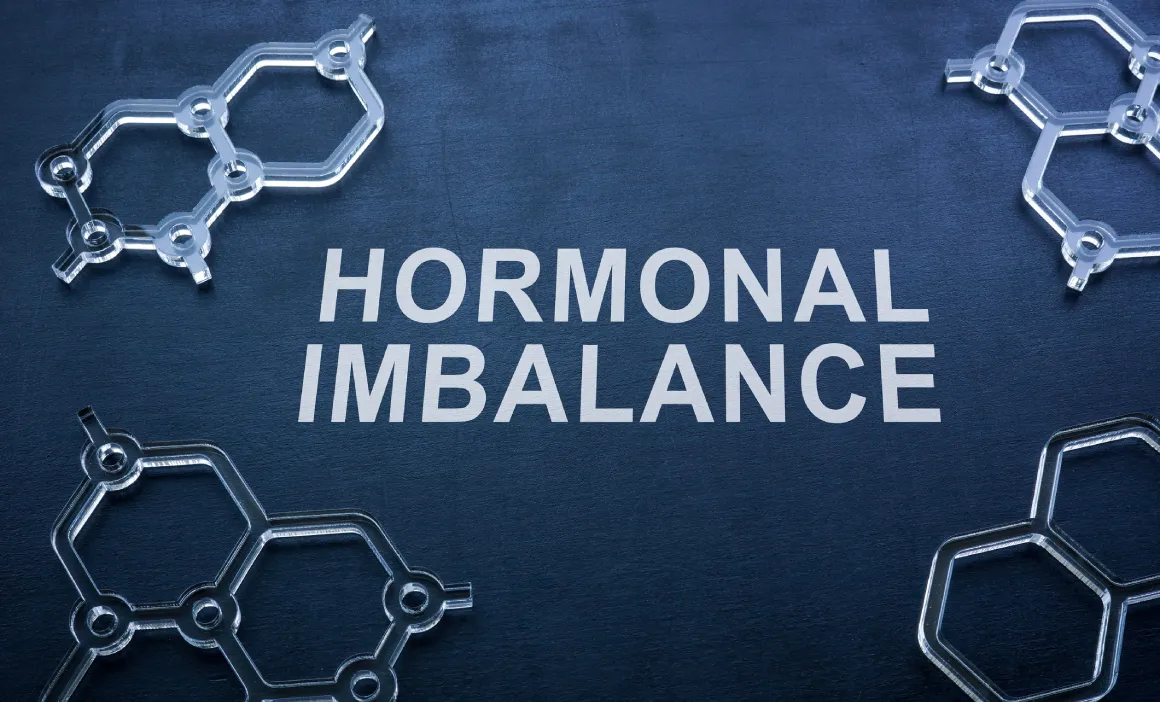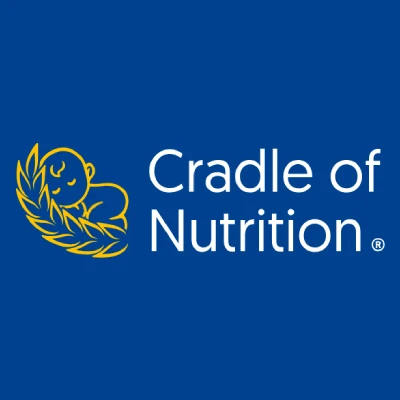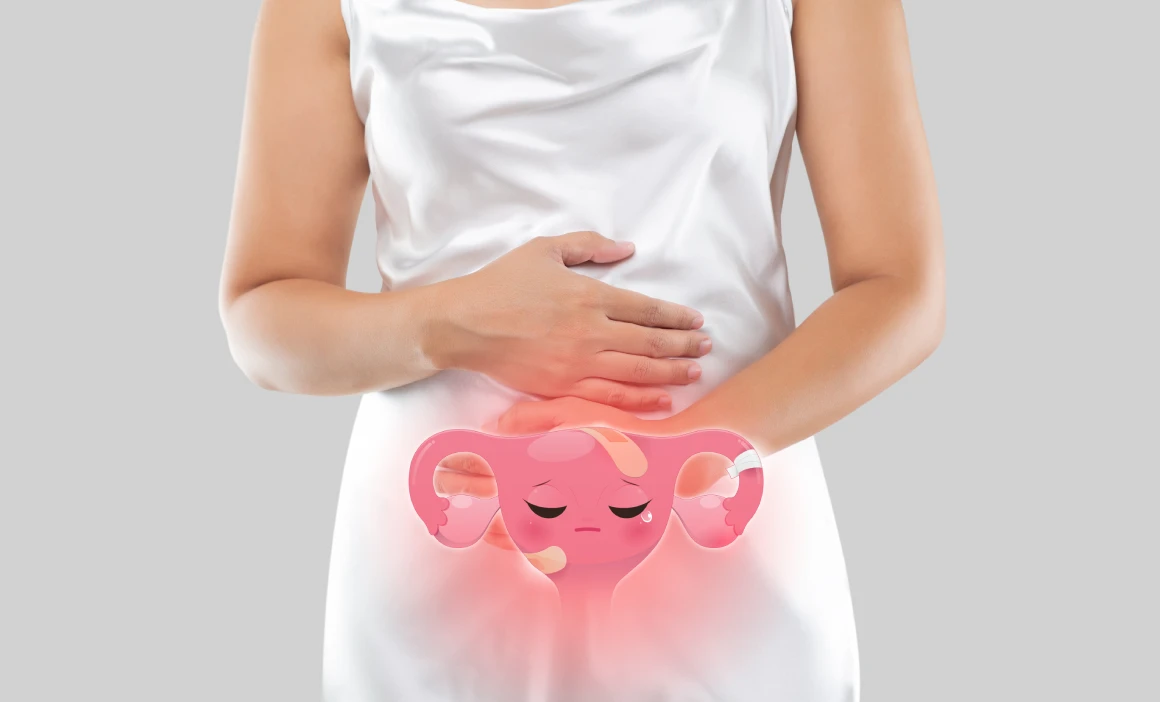
The Hidden Micro-Factors of Fertility: Insights for Women and Men

Cradle of Nutrition
- 4 minutes read
When people think about fertility, they often focus on the obvious: age, hormone levels, sperm count, or menstrual cycles. But conception depends on much more than numbers on a lab report. Many tiny, hidden micro-factors—often overlooked—can make the difference between success and frustration.
This article explores the subtle factors that influence fertility in both women and men, explaining complex science in plain language, with tips and links to related resources for deeper learning.
Female Fertility – Beyond Hormones and Egg Count
1. Cervical Mucus: The Natural Sperm Filter
Around ovulation, the cervix produces cervical mucus, which becomes clear, stretchy, and slippery—similar to raw egg white. This mucus doesn’t just signal fertility, it selects and protects sperm, allowing only the healthiest to reach the egg. It also contains antioxidants and nutrients that extend sperm lifespan.
Poor or absent cervical mucus can subtly prevent conception, even when hormone levels appear normal.
Learn more about cervical mucus and fertility↗
2. Endometrial Receptivity: The Implantation Window
A fertilized egg can implant in the uterus only during a brief period called the implantation window, usually 1–2 days per cycle. Even with perfect ovulation and fertilization, implantation fails if the uterine lining isn’t ready.
The endometrial microbiome—the bacterial balance inside the uterus—also plays a key role. Lactobacillus-dominant microbiomes improve implantation success, while low-grade inflammation can reduce it.
💡 Want to understand how egg quantity vs. quality impacts fertility? Read our guide on The Impact of Egg Count on Fertility
3. Egg Quality and Mitochondria
Egg health depends on mitochondria, the energy factories inside each cell. Eggs with better mitochondrial reserves divide properly and support embryo development. As women age, mitochondrial function declines, which reduces egg quality even before menopause.
Egg quality and mitochondria study↗
4. Micronutrients and Preconception Nutrition
Folic acid is important, but other nutrients are essential for fertility:
- Coenzyme Q10 (CoQ10): boosts egg cell energy
- Vitamin D: regulates uterine lining receptivity
- Magnesium & Zinc: support hormone balance
- B Vitamins (B6, B12): aid early embryo development
Even mild deficiencies can quietly impair fertility.
✨ For a full guide on preparing your body for pregnancy and building the foundations for fertility see Preconception Health
5. Subtle Hormonal Imbalances
Even “normal” hormone lab results may hide fertility obstacles:
- Slightly elevated prolactin can interfere with ovulation
- Mild hypothyroidism (low thyroid function) slows egg maturation and reduces implantation chances
Male Fertility – More Than Sperm Count
1. Sperm DNA Fragmentation
Sperm may look normal in number and movement but still carry damaged DNA. This is called DNA fragmentation and can result in failed embryo development or miscarriage.
Factors include oxidative stress, smoking, alcohol, toxins, and chronic stress.
Sperm DNA fragmantation research↗
2. Testicular Temperature and Heat Exposure
Sperm production requires cooler temperatures than the body’s core. Prolonged heat—tight underwear, hot tubs, long sitting periods, or laptops on the lap—reduces sperm quality. Effects often appear 2–3 months later, as sperm take ~70 days to mature.
3. Seminal Plasma: The Protective Cocktail
Semen is mostly fluid from the prostate and seminal vesicles, not sperm. This fluid contains zinc, selenium, magnesium, B vitamins, fructose, and antioxidants, which protect sperm and help them remain mobile and fertile.
4. Hidden Varicocele
A varicocele (enlarged veins in the scrotum) can increase testicular temperature and oxidative stress. Even if semen looks normal in standard tests, sperm quality can be impaired.
Varicocele and male infertility↗
5. Male Reproductive Microbiome
Chronic, low-grade bacterial colonization in the prostate or semen can reduce sperm health, even without obvious infection symptoms.
Male reproductive microbiome study
Shared Lifestyle Factors Affecting Fertility
- Sleep & melatonin: regulates hormones, protects egg and sperm DNA
- Stress & cortisol: chronic stress flattens hormonal rhythms and reduces fertility
- Environmental toxins: phthalates, pesticides, plastics act as hormone disruptors
- Nutrition: antioxidant-rich foods (berries, leafy greens, nuts, seeds) protect reproductive cells
- Smoking: even occasional use damages eggs and sperm (Smoking and Pregnancy)
✅ Key Takeaway – Why Micro-Factors Matter
Fertility is shaped by a complex network of hidden micro-factors: cervical mucus quality, sperm DNA integrity, micronutrients, microbiome balance, and subtle lifestyle effects. Many of these can be improved through nutrition, stress reduction, proper sleep, avoiding heat and toxins, and targeted medical testing.
Paying attention to these small, modifiable factors can dramatically improve chances of conception.
📌 Top Practical Fertility Tips
Fertility Tips for Women Trying to Conceive:
- Track cervical mucus quality, not just ovulation days
- Support egg health with CoQ10, vitamin D, magnesium, and B vitamins
- Check thyroid and prolactin levels, even if cycles seem normal
- Prioritize sleep and stress management
Fertility Tips for Men to Boost Sperm Health:
- Avoid prolonged heat exposure to the testes
- Reduce smoking, alcohol, and toxin exposure
- Support sperm health with zinc, selenium, antioxidants
- Screen for sperm DNA fragmentation and varicocele if trying for pregnancy
Lifestyle Habits That Support Fertility for Both Partners:
- Eat antioxidant-rich whole foods
- Minimize chemical exposure at home
- Maintain good sleep habits and melatonin rhythms
❓ FAQ – Hidden Fertility Factors
Q1: What is sperm DNA fragmentation and why does it matter?
A1: DNA fragmentation occurs when sperm genetic material is broken. It can allow fertilization but may prevent embryo development or cause miscarriage.
Q2: How does cervical mucus influence fertility?
A2: Fertile cervical mucus acts as a natural sperm filter, supports sperm survival, and guides the healthiest sperm to the egg.
Q3: What is the implantation window?
A3: The implantation window is a short period (1–2 days) each cycle when the uterine lining is receptive to embryo implantation.
Q4: Which micronutrients are most important for fertility?
A4: CoQ10, vitamin D, magnesium, zinc, and B vitamins (B6, B12) are key for egg and sperm health and early embryo development.
Q5: How do lifestyle factors like sleep, stress, and toxins affect fertility?
A5: Poor sleep, chronic stress, and chemical exposure can disrupt hormone balance and damage reproductive cells, reducing fertility in both men and women.
By Erika Barabás






